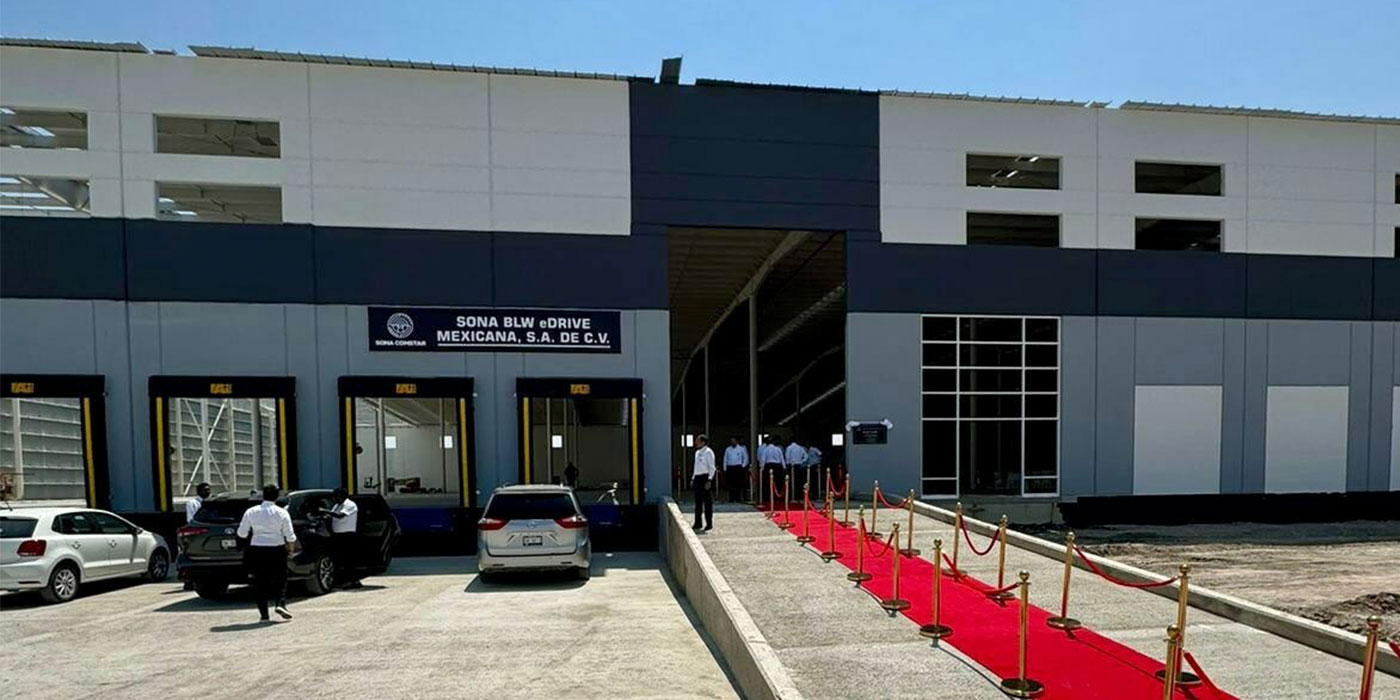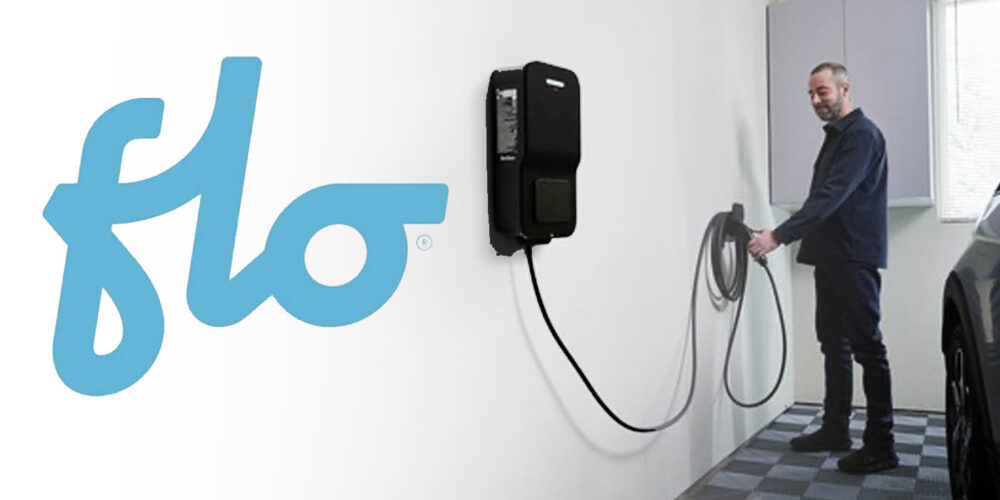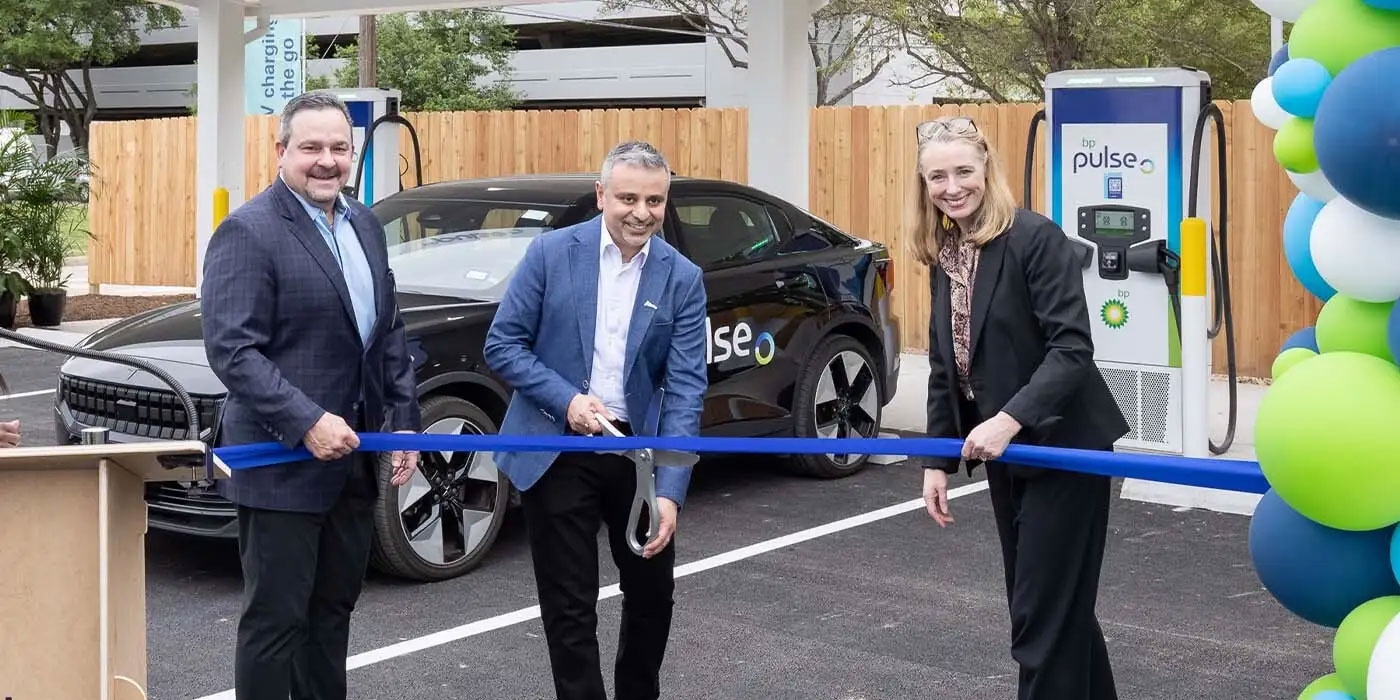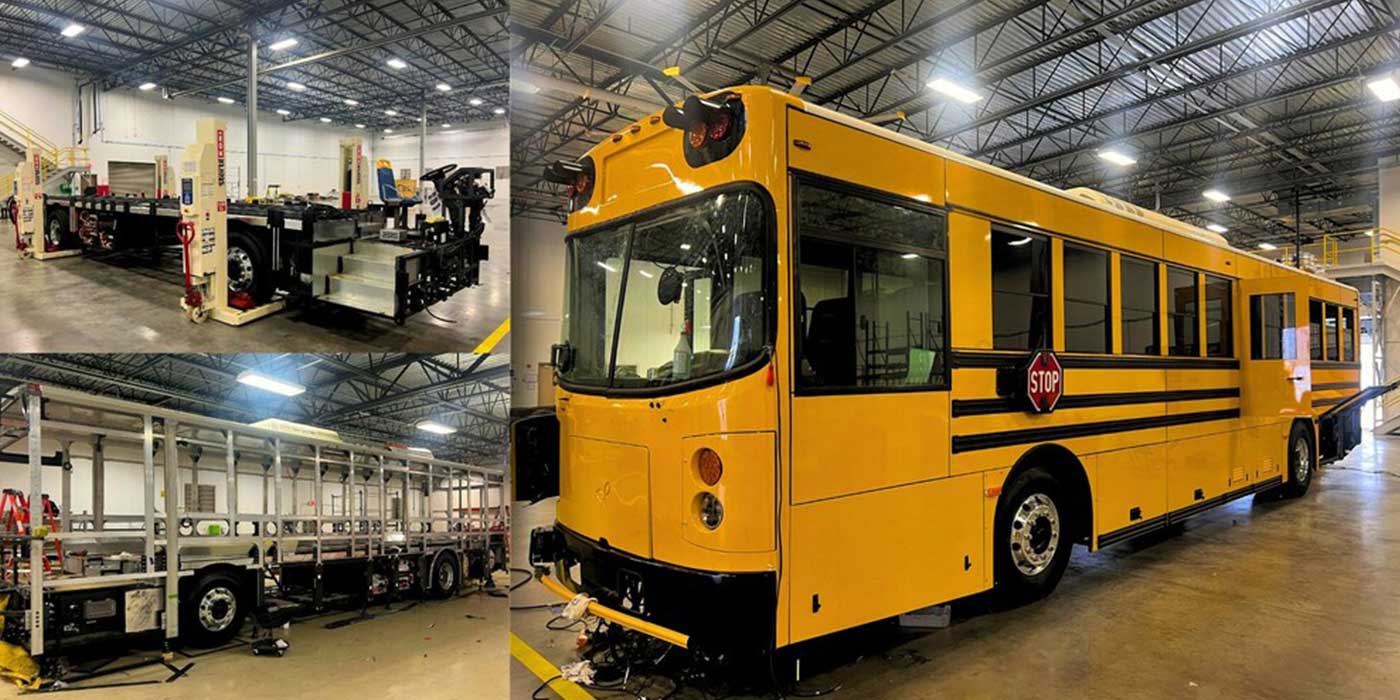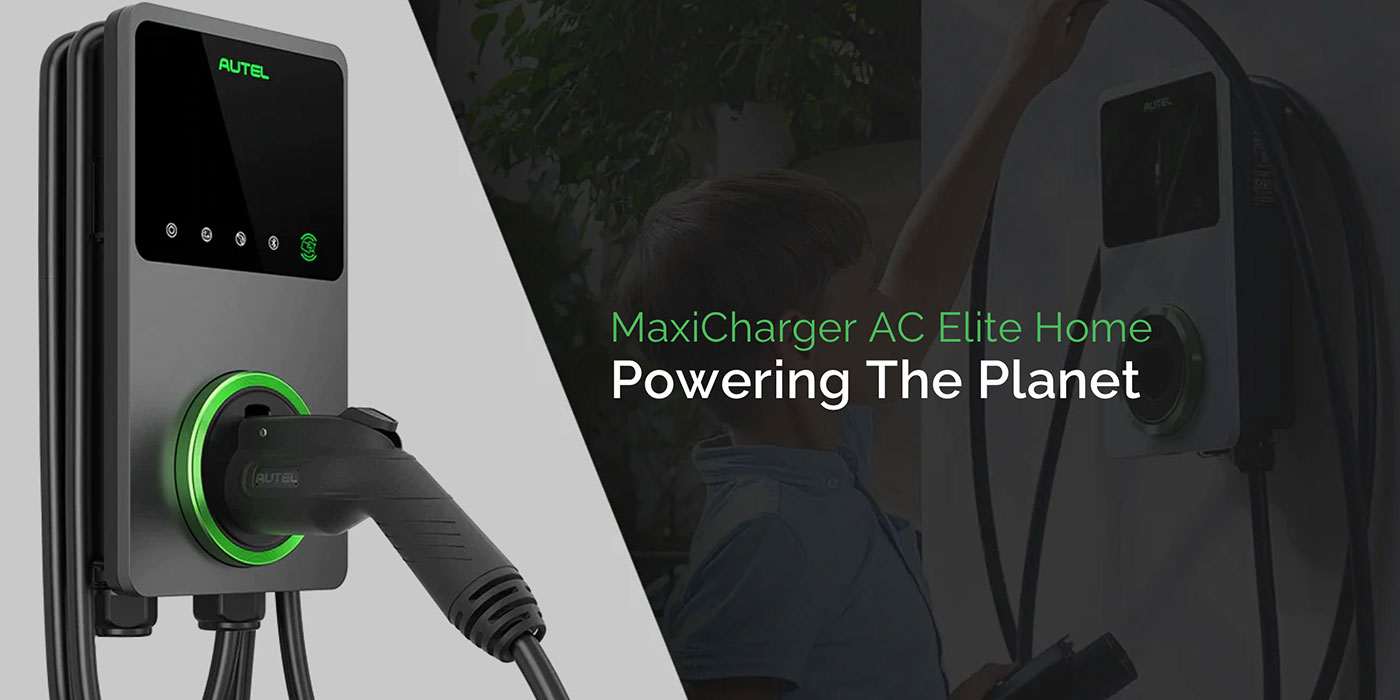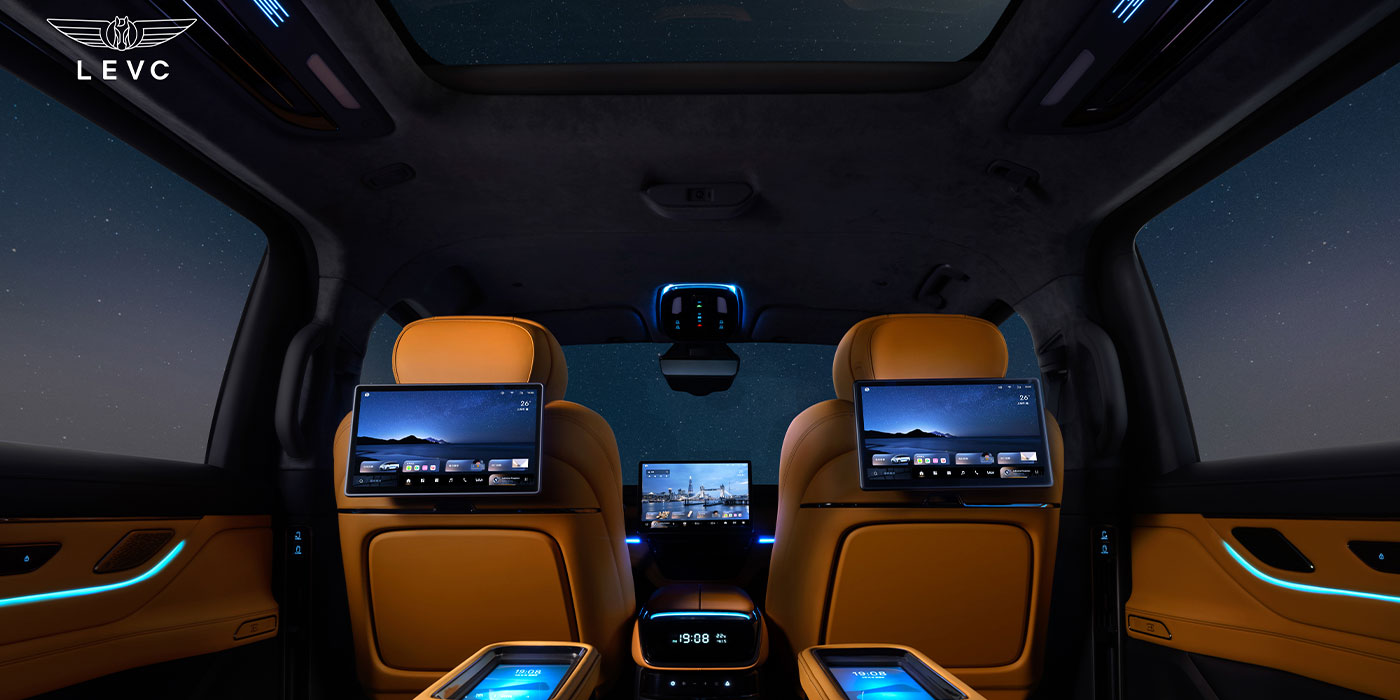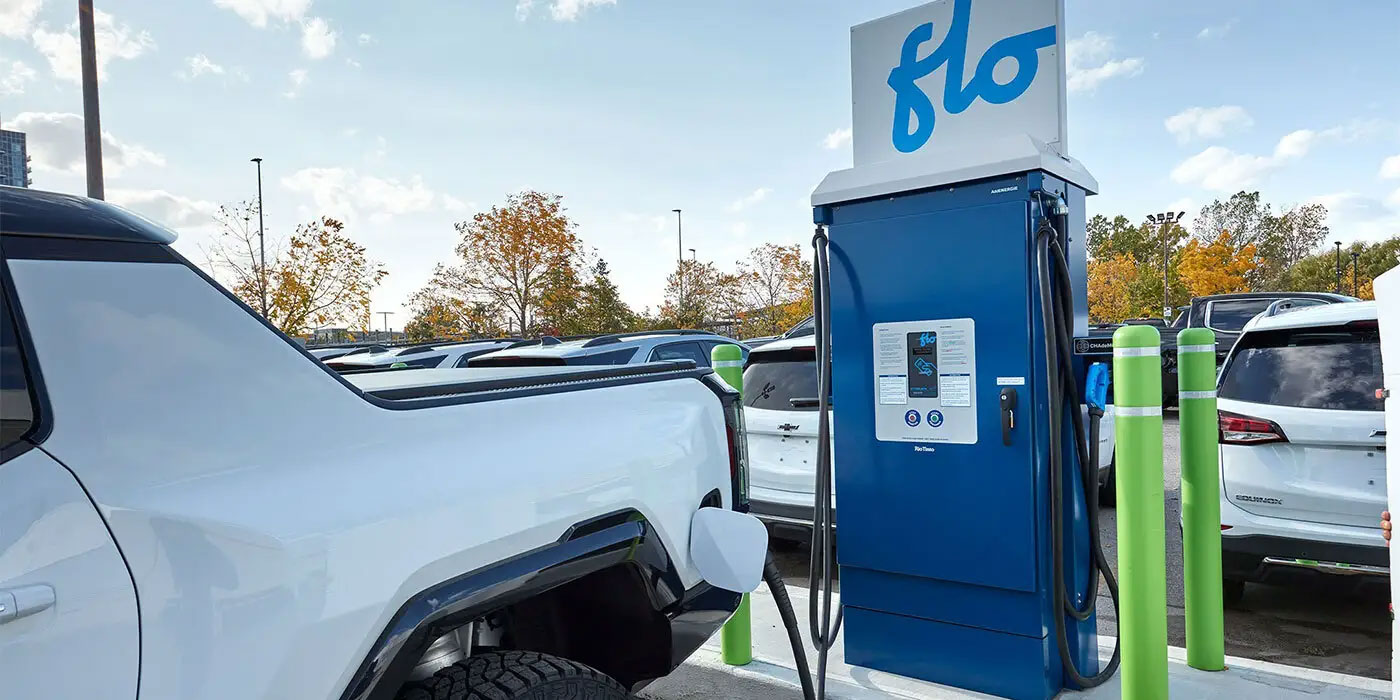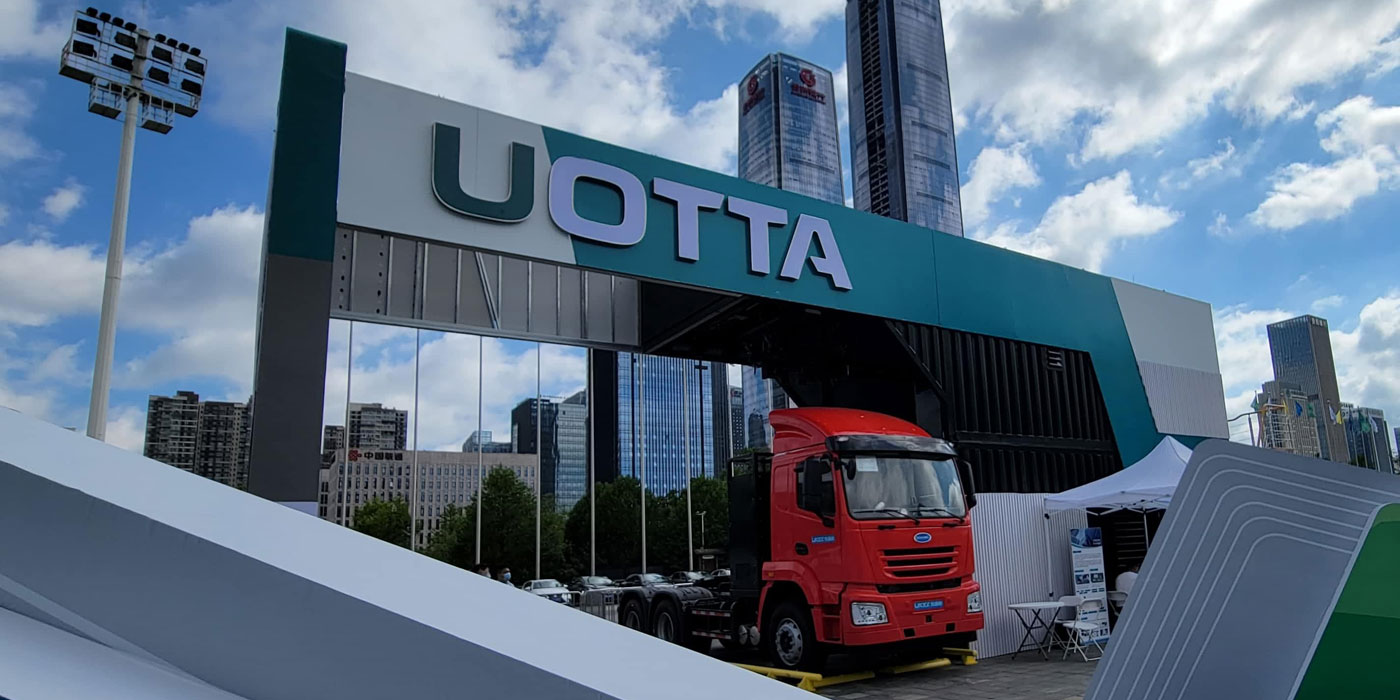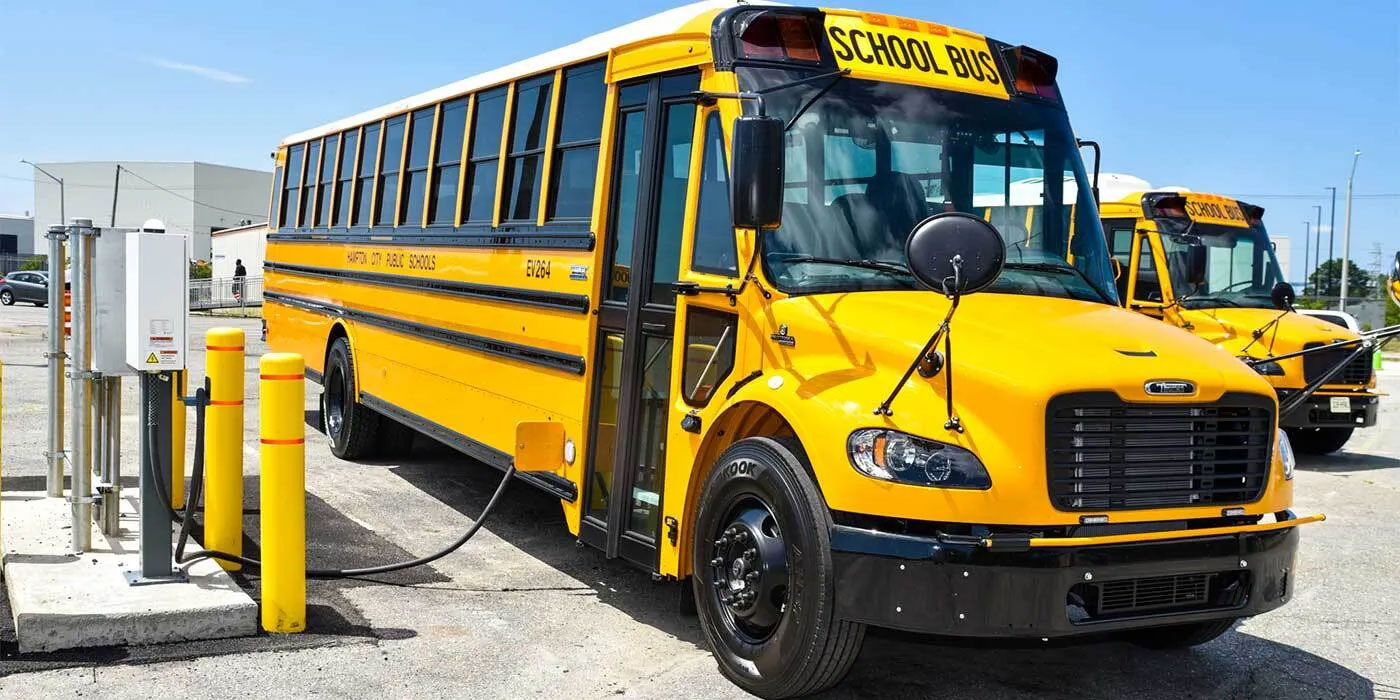The latest study by Upgraded Points sets gas cars against electric vehicles to see which vehicle is truly the most economical on five American road trips. Examining the time and fuel costs along iconic trails like Route 66 and California 1, the study offered a variety of insights while investigating the central question: Is saving money on gas really worth the tradeoff in travel time?
The study determined that for every 100 miles driven along these popular routes, an EV owner will save $11 but will add 25 minutes, on average. An EV trip increased travel time by over 13 hours on one route, but less than 2 hours on another.
Road Trip Study: Methodology
The study focused on five recognizable U.S. road trips of varying lengths. The routes were mapped out using Google Maps to provide exact mileage counts and travel times. To avoid traffic issues, road closures, and last-minute delays, the travel date was set for a specific weekend in April.
The costs of fuel for both gas and EVs were based on average gas/electric prices from states along each route. Estimates of fueling and charging times were sourced from the Department of Transportation and the American Petroleum Institute. Finally, the study evaluated the best states for EV charging access, using data sourced from the U.S. Department of Energy’s Alternative Fuels Data and Electrek.
Five U.S. Road Trip Routes Traveled in an EV vs Gas Car:
Pacific Coast Highway: Following the California coastline starting from Dana Point and ending in San Francisco, this 523-mile journey takes 11 hours and 37 minutes in a gas car. In an EV, you would save about $65.79 but the trip would take you 2 hours and 8 minutes longer.
The Longest American Road Trip: Beginning in Boston and ending in Newport, Oregon, Route 20 spans over 3,000 miles and multiple states. EV trips will save travelers over $350 in gas, but that is easily surpassed by the time lost—an EV trip would take a whopping 13 hours and 28 minutes longer. On this trip, fuel/charging times were also substantial, with EVs taking nearly 14 hours to charge, compared to less than 20 minutes filling up gas.
Route 66, The Mother Road: Following Highway 66 from Chicago to Santa Monica, California, the Route 66 trip would take just over 51 hours by EV but saves drivers over $250. Gas vehicles need 7 pitstops for this journey, while EVs are looking at more than 10. Driving an electric vehicle would save about $258, but the trip would take you 10 hours longer.
The Blue Ridge Parkway: From Cherokee, North Carolina to Afton, Virginia, this journey is 470 miles of scenic beauty. Driving an EV down this route would save you about $50 but would add nearly 2 additional hours to your journey.
The Florida Coast: Following the Florida coast from Jacksonville to Key West, Route 1 visits all the major beach towns including Daytona, West Palm Beach, Miami, and more. The EV trip saves drivers over $50 in gas but adds over 2 hours to the drive.
EV Usage and Charging Density, State by State
Access to charging stations is the key to a smooth and successful EV road trip. Located at grocery stores, gas stations, hotels, and other convenient locations, EVSE Ports provide power and charge with several ports per EV charging station. Access to these charging stations varies by state, with Washington D.C. coming out on top with 4 road miles per EV charging port. California offers 1 EVSE port per 10 road miles, followed by Hawaii and Massachusetts.
To view the findings in detail, including exact percentages, charging station densities, money saved on trips, along with rankings by each U.S. state and other specifics, visit the full study HERE.



